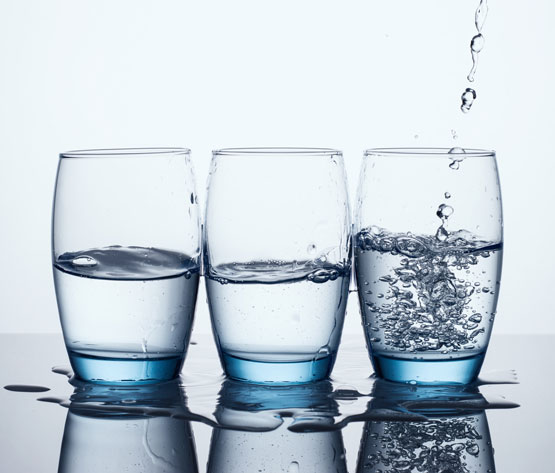Do You Know What You’re Drinking?
August 23, 2023

The Safe Drinking Water Act, passed in 1974, gave EPA the authority to set the standards for safe drinking water. Since then, the U.S. public water system has become one of the safest and cleanest in the world. However, pregnant women, individuals with compromised immune systems, the elderly, children, and young infants can be especially vulnerable to contaminants in water.
Some contaminants, like lead, can cause health issues like gastrointestinal illness, reproductive problems, and neurological disorders. Though public drinking water is relatively safe, it’s important to use and regularly replace water filters in your home to reduce the presence of contaminants and the risk of illness.
For more information about drinking water, visit the CDC Drinking Water FAQ page.
The 411 on Water Filters
Every homeowner needs to take an active role in maintaining the quality of their water. Below are a few types of point-of-use water filters suitable for homes.
Carbon Filters
The two types of carbon filtration systems are granular activated carbon and block carbon. Granulated activated carbon (GAC) filters use loose granules of carbon to attract impurities. Block carbon filters are made with blocks of compressed carbon with a fine mesh seven to 19 times smaller than GAC filters and remove more contaminants. GAC filters, however, last longer.
Manganese Iron Reduction Filter
This type of filter uses oxidation, the process of oxidizing soluble forms of manganese and iron into insoluble forms, to remove the minerals. When manganese concentration is higher than 0.05 mg/l, the contaminant may change the color, odor, and taste of the water. Iron is classified as a secondary contaminant by EPA because it can carry bacteria that need iron to survive. The health effects of consuming too much iron can impact the liver, heart, pancreas, skin, and joints. High levels of iron in water can be caused by corrosion of underground iron pipes and soil seeping into the water supply.
Sediment Pre-filter
As the name implies, sediment filters remove solid particles from water; they do not remove heavy metals or chemicals. Sediment filters are classified as either “nominal” or “absolute”. Absolute filters trap a higher percentage of particles than nominal sediment pre-filters. Sediment filters can be made of cord, polypropylene, cellulose, ceramic, glass fiber, cotton, or polyester and are available as bag filters or cartridges.
When It’s Time to Replace Your Water Filter
If you have questions about replacing your home’s water filtration system, don’t hesitate to reach out to Hamilton Plumbing, Heating, A/C, Rooter at (913) 227-4943. We’re happy to inspect the quality of your current system and make recommendations
Last Updated: August 24, 2023
